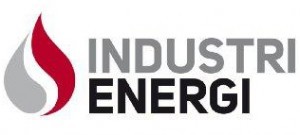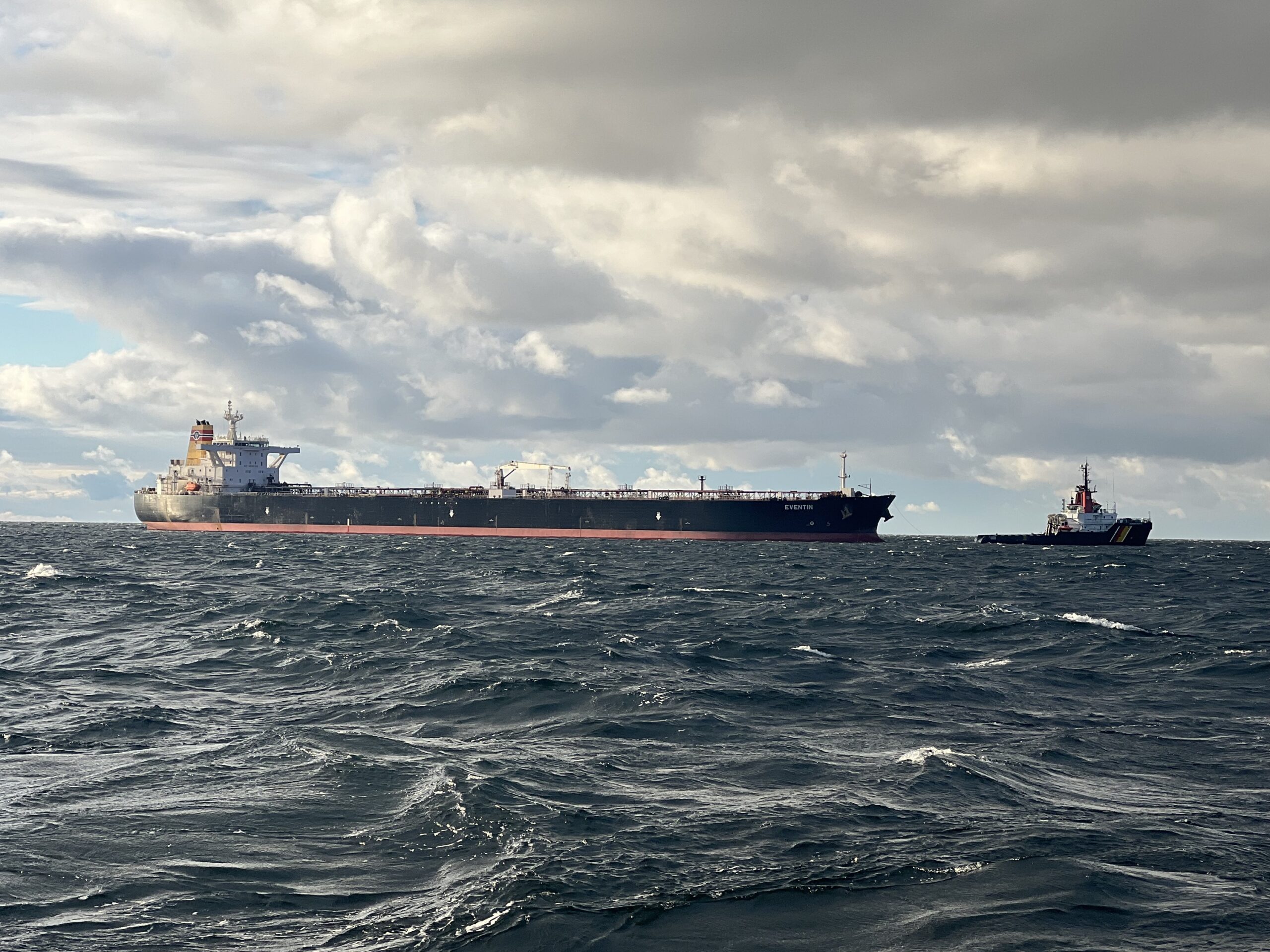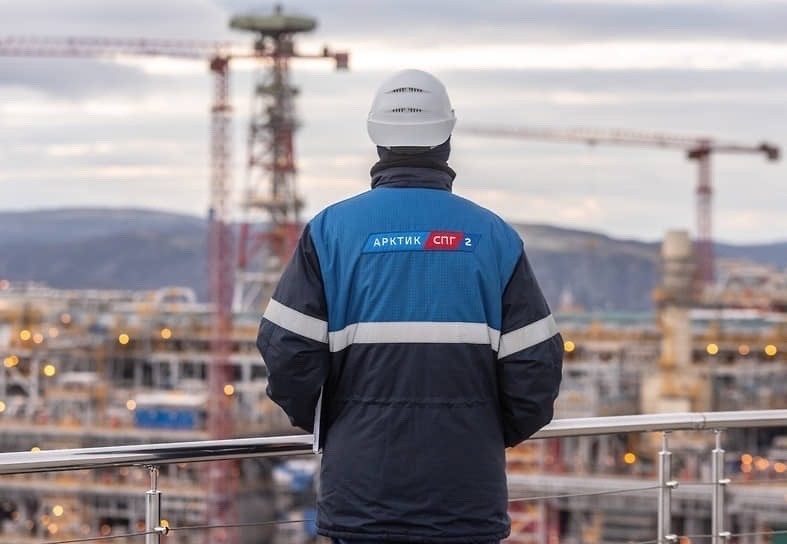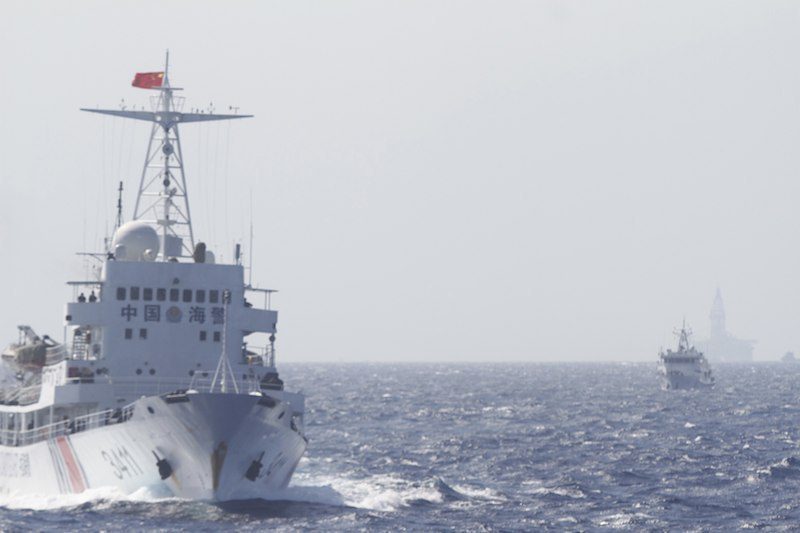 STOCKHOLM–Offshore workers in Norway, western Europe’s largest oil producer and exporter, Tuesday decided not to step up a strike that has already cut 15% of the country’s oil output and 7% of its natural-gas output.
STOCKHOLM–Offshore workers in Norway, western Europe’s largest oil producer and exporter, Tuesday decided not to step up a strike that has already cut 15% of the country’s oil output and 7% of its natural-gas output.
The workers have not defined what consequences or shut downs may occur if they eventually do decide to step up their strike action.
“We are convinced that the employer side will eventually give in to our demands if we are allowed to continue this strike,” said Leif Sande, leader of union Industri Energi, told Dow Jones Newswires.
The government of Norway usually doesn’t comment on whether it will take action to stop a strike, or what it will take for it to ask Parliament to impose compulsory arbitration, in which a committee forces the parties into an agreement. The decision is formally made by the Ministry of Labor, which said Tuesday it is following the strike closely.
Industri Energi, founded in 2006 by a merger of two trade unions and now with 58,000 members, is a Norwegian trade union for employees in the petroleum, chemical, pharmaceutical, metal, and the forest industries.
The Norwegian government has been criticized by the International Labor Organization for curbing workers’ right to strike on previous occasions, and is likely to be reluctant to end the strike as long as people’s lives or health are not in danger, which is required according to international conventions.
The three striking unions–Energi Industri, Safe and Lederne–have been pushing for an early pensions agreement to be included in collective bargaining, but the Oil Industry Association, which represents oil companies in centralized wage negotiations, has said that discussion doesn’t belong in those talks.
No new talks between the parties have been scheduled, according to the Oil Industry Association.
“There hasn’t been any contact with the unions since this weekend,” said Eli Ane Nedreskar, its head of information, told Dow Jones Newswires.
The company most affected by the strike is Norwegian oil giant Statoil ASA(STO). It is operator of the Heidrun and Oseberg fields, as well as the Brage, Veslefrikk and Huldra fields, all of which have been shut. Statoil is also the biggest owner of the BP PLC (BP.LN)-operated Skarv field, which may face delays to its planned fourth-quarter start of production.
The Oil Industry Association estimates that the strike is costing companies a combined 201 million kroner ($34 million) per day, which means that by Wednesday they will have lost a total NOK2 billion.
The shuttering of production on the Norwegian continental shelf could also add upwards pressure to the oil price. Brent crude has rallied $8.35, or 9.2%, to $99.32 a barrel since June 22, the trading session before the strike started.
If unions and oil companies manage to reach an agreement, production on shut-down fields such as Oseberg and Heidrun could resume in one or two days, according to the country’s giant producer Statoil ASA (STO).
– Christina Zander, Dow Jones Newswires

 Join The Club
Join The Club












